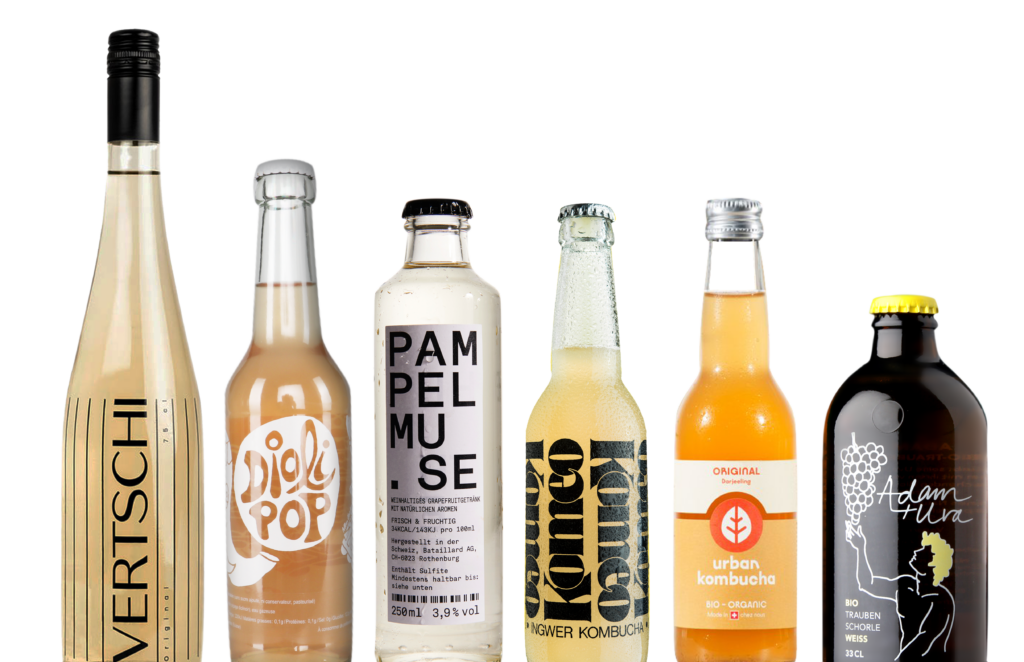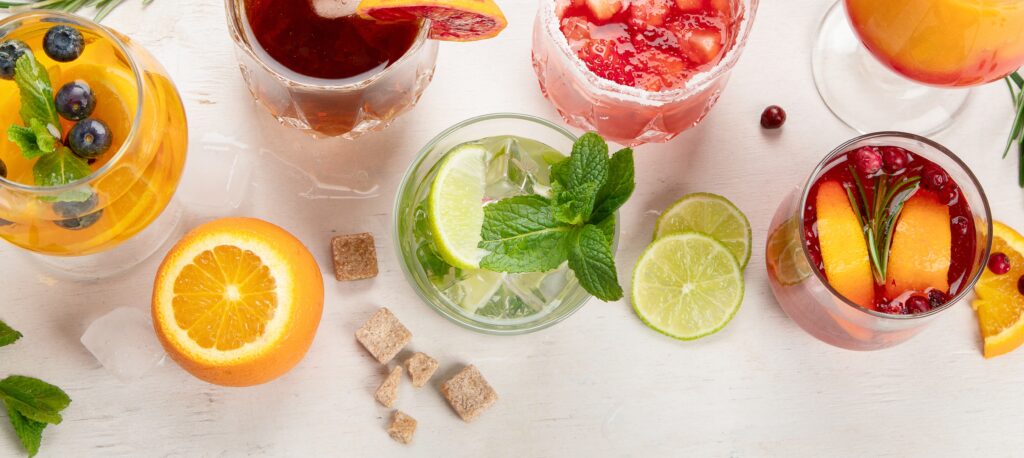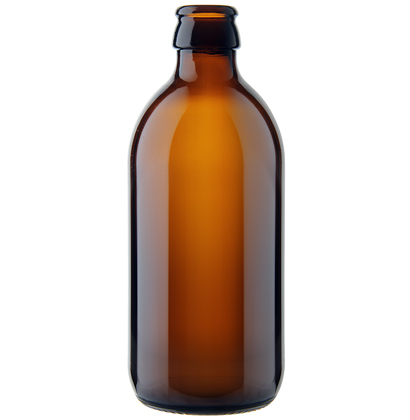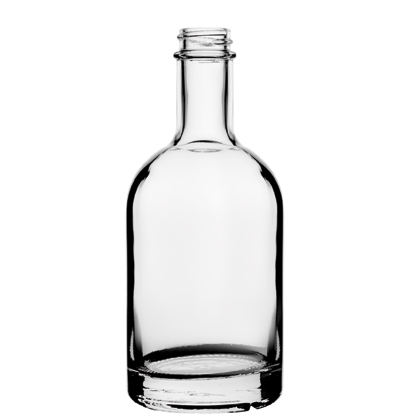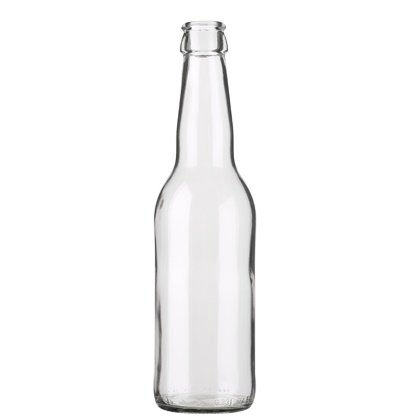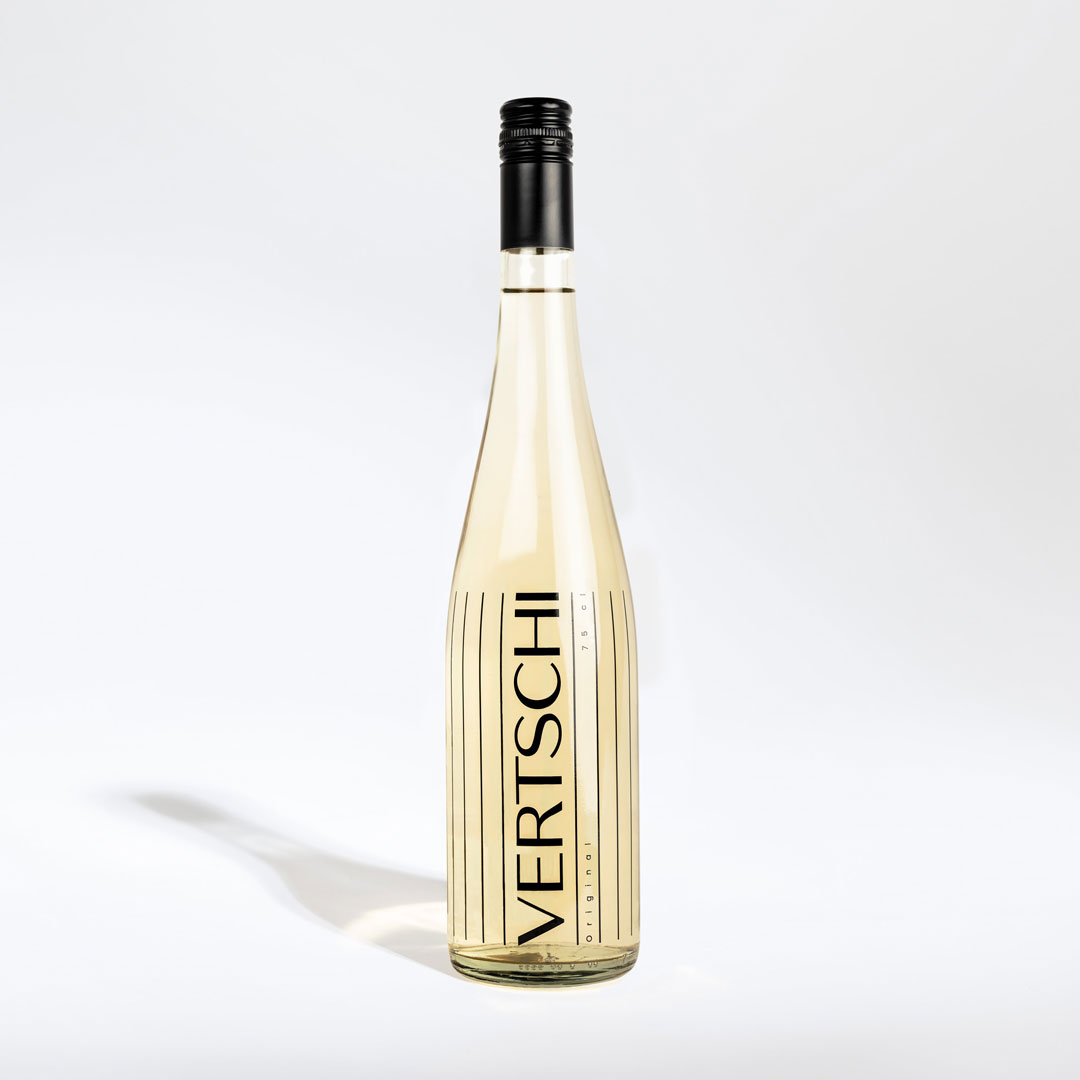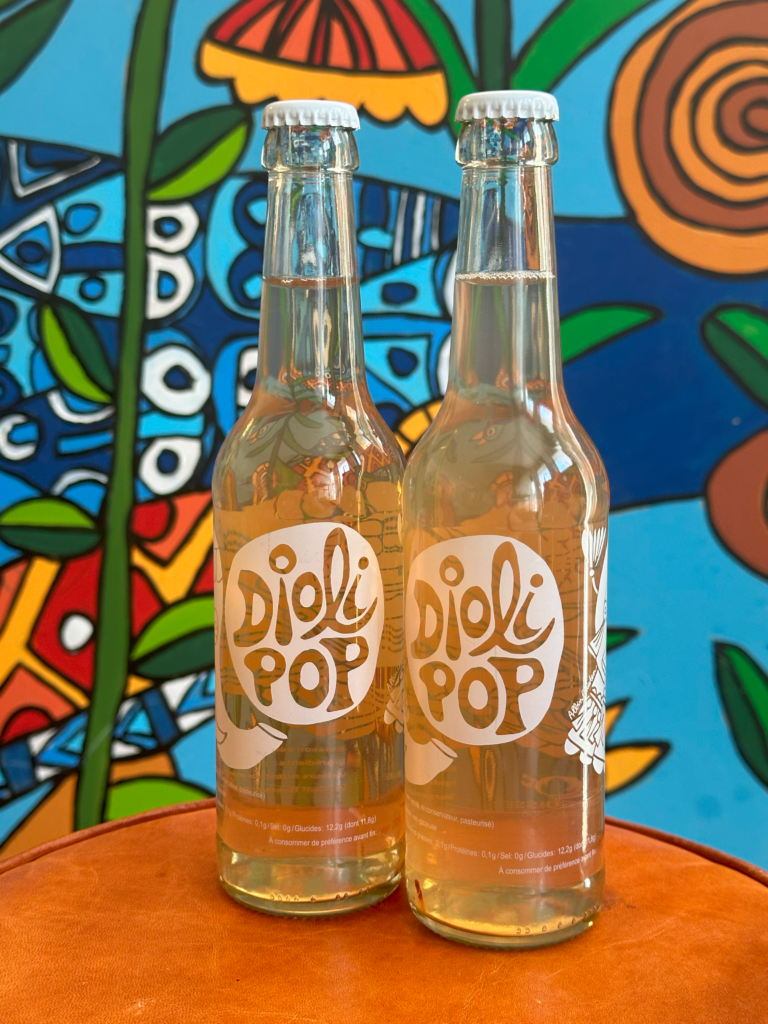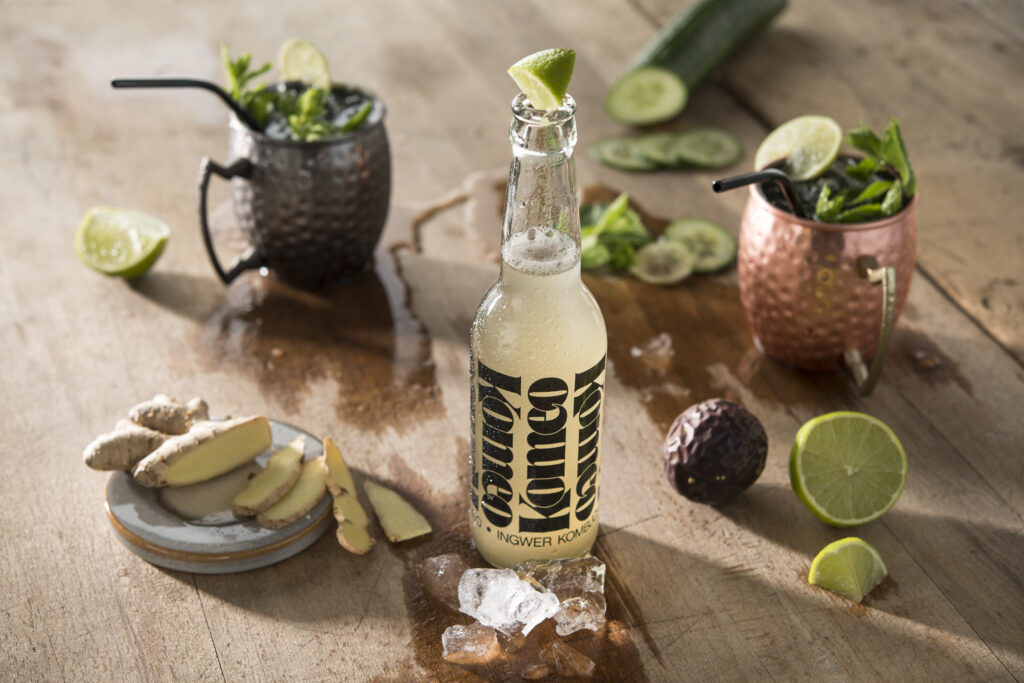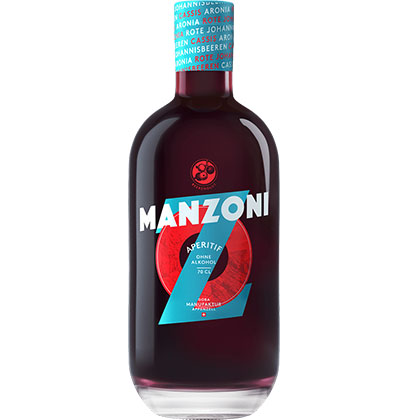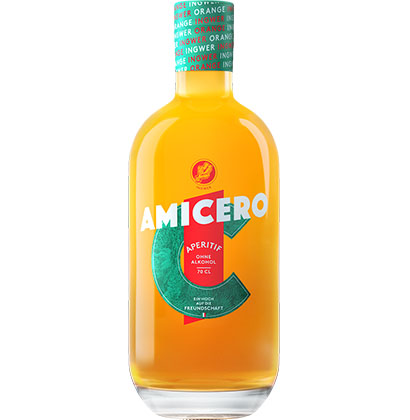In recent years, there has been a growing trend in the drinks world: the “No and Low Alcohol” movement. Although this phenomenon has been around for some time, it has accelerated significantly since the COVID-19 pandemic. Consumers, increasingly concerned about their physical and mental well-being, are looking for healthier drinking options.
With growing awareness of mental and physical health, as well as concerns about immunity, more and more people are turning to low-alcohol and alcohol-free alternatives.
This trend reflects a growing desire to look after oneself and maintain a balanced lifestyle, while reducing the risks associated with excessive alcohol consumption.
The Dry-January phenomenon
Dry-January has become a worldwide phenomenon, marked by a total abstention from alcohol during the month of January. Originally launched by a British organisation in 2013, the aim was to raise consumer awareness of the risks associated with excessive alcohol consumption. The challenge has rapidly grown in popularity over the years, and now has millions of followers around the world.
Studies show that the benefits of this period of abstinence are such that they can encourage many participants to considerably reduce their alcohol consumption even at the end of the challenge.
As well as encouraging a reduction in alcohol consumption, Dry-January also encourages people to reflect on their drinking habits and their relationship with alcohol.
Expansion of the No and Low alcohol drinks market
This trend now affects all drinks sectors, from beer to wine and spirits. The market is adapting to meet growing demand for no or low alcohol products. Manufacturers are developing new recipes and products to meet this emerging demand.
No and Low alcohol drinks are no longer seen as bland substitutes, but as attractive alternatives offering a variety of flavours and taste profiles.
The importance of containers for No and Low alcohol brands
In a fast-growing sector like Nolo drinks, where many brands are emerging, it’s crucial to stand out from the crowd. This is where the personalisation of glass bottles comes in.
As brands seek to distinguish themselves through their commitment to wellbeing and healthy living, packaging can be used to communicate these messages effectively, whether through the shape of the bottle or through printing.
For example, clean designs, soft colours and visual elements associated with nature can convey the idea of healthy, natural products.
Focus on several creations
Grapes and their variations
-
Vertschi: Award-winning branding
Vertschi, which means Verjus in French, is a brand that offers non-alcoholic drinks made from Verjus. Also known as ‘green juice’ or ‘green grape juice’, Verjus is an ancient drink that is enjoying a revival.
The bottle, which won a German Brand award in 2022, has been redesigned by advertising agency Megura. The sleek, elegant design can be applied flexibly to different bottle sizes, and underlines the noble aspect of the drink. The previously down-to-earth appearance has been replaced by a clear, striking presentation with a fresh, minimalist design.
Vertschi is not just a sensory experience, but also a visual work of art.
-
Adam & Uva: Rustic elegance
In July 2020, 3 friends decided to launch this brand of drink made from organic grapes, which have found no place in wine production, and sparkling water. This drink offers an alternative to those looking for an alcohol-free or low-alcohol experience.
The simplicity of the bottle’s elegant shape and brown colour evoke traditional craftsmanship, creating a perfect harmony with the delicate contents inside.
Adorned with a graceful drawing of Adam catching a bunch of grapes, the visual appears to be handmade, adding a rustic touch to the whole.
-
Pampelmu.se: A bottle with a message
Bataillard AG has developed the Pampelmu.se range, a bold fusion of tradition and modernity, as part of its drive for innovation and alignment with global consumer trends. While some people remain attached to ancestral practices, this company has taken the daring gamble of creating an innovative product by skilfully combining wine with other quality ingredients.
The result? A fresh, fruity Spritzer that embodies both the essence of winegrowing tradition and the vivacity of contemporary trends.
We asked the producers: “The bottle we chose for our very first NoLo drink first caught our eye because of its size and shape: we liked its unique and very modern design, which seemed perfectly suited to the disruptive product we were developing”.
An extra touch: the transparency of the bottle reveals hidden messages!
-
Diolipop: an atypical look
Diolipop is a non-alcoholic drink made from grape juice, specifically from the Diolinoir grape variety, and sparkling water. It was created by Domaine Beetschen.
Although the bottle is decidedly sober, its aesthetic is no less striking. Swiss artist Albin Christen has adorned the bottle with an elephant emitting a bubble containing the name of the product in capital letters. This atypical visual is sure to catch the eye.
Kombucha – The trendy fermented drink
-
Komeo: A dynamic bottle
After a trip to California in 2016, Mattias Rölli discovered a drink that had already been all the rage for several years on the other side of the Atlantic.
The bottle is clear and simple, but it’s the label that catches the eye.
The bold typography gives the container an undeniable youthful dynamism. Komeo, a brand with a youthful spirit and a deep connection to its community, is perfectly reflected in this bottle design.
-
Urban Kombucha: Pioneers in Switzerland
In 2012, during a work placement in Quebec, Arnaud Gervaix discovered Kombucha, a very popular drink in Canada. Back in Switzerland after his studies in Quebec, it all began in his Lausanne kitchen. Like a sorcerer’s apprentice, he set out to find the best recipe!
The bottle exudes a strong sense of nature, with its choice of transparency to reveal the delicious nectar. The colours of the labels are soft, reflecting the natural character of the drink.
No alcohol in aperitifs
-
Goba : Alcohol-free and tasty
Manzoni is the warmth of the berries in our range of aperitifs. Totally alcohol-free, the bitter and sour notes seduce and leave a very pronounced berry taste in the mouth. Combine it as you wish with fresh herbs, mineral water, Flauder, … or serve it in the classic way “on the rocks”.
Amicero – the hearty taste of ginger is as beguiling as the name. With a shot of Amicero, mineral water becomes a new experience. Mixed with Prosecco, a real gem of an aperitif is created. Amicero is produced by a small factory in Liguria and bottled at Goba.
